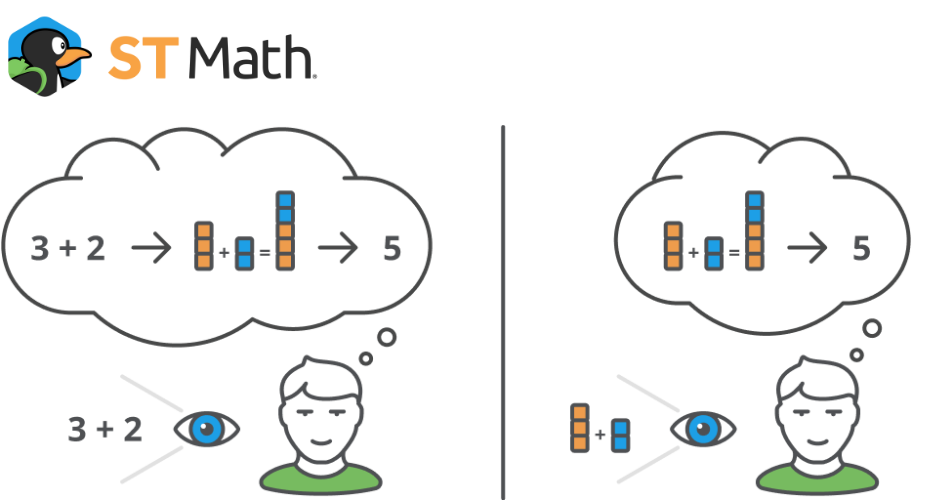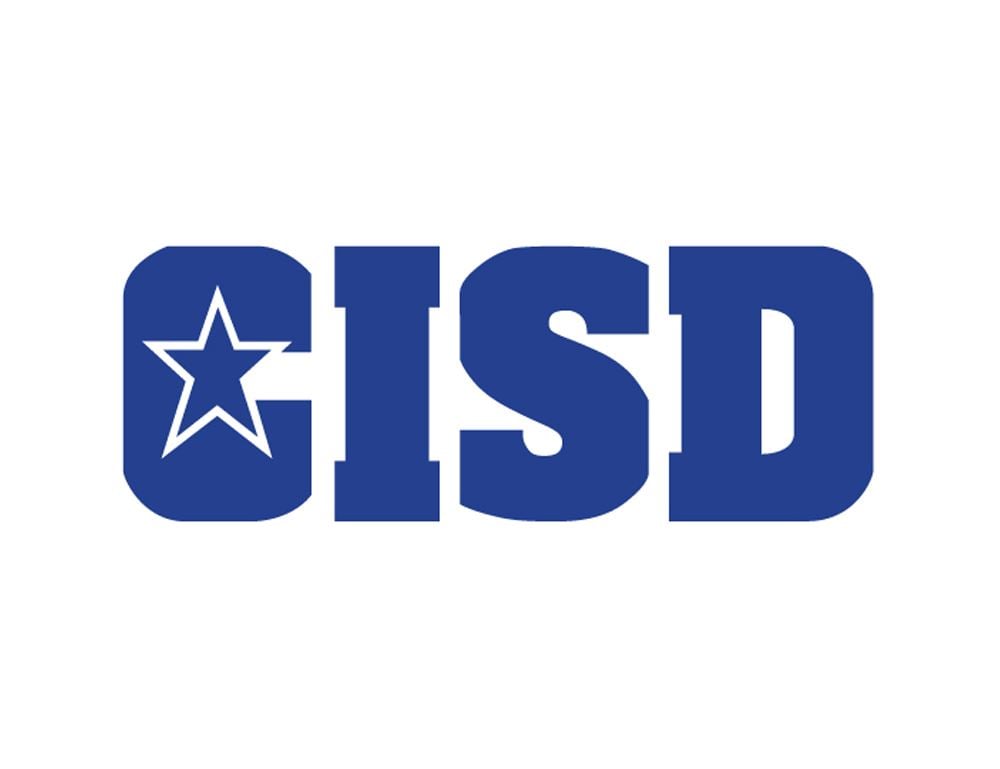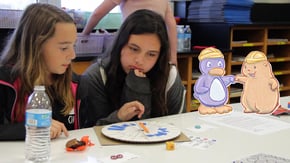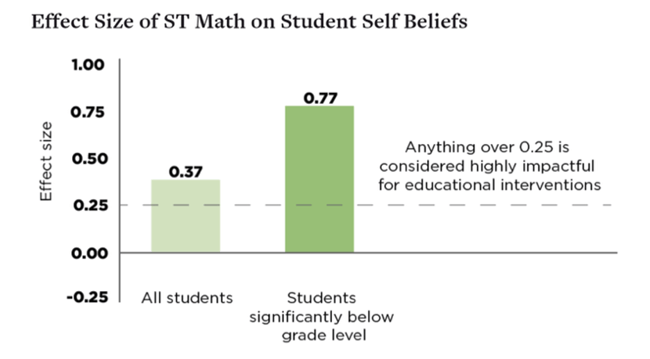Programs
Experience
Services
Educator Topics
Subscribe to the Newsletter
Subscribe to the Blog
English learners (ELs) make up one out of every 10 students and are the fastest-growing group in public school classrooms.
In total, ELs in U.S. public schools speak over 400 different languages including Spanish, Arabic, Chinese, Vietnamese, and Hmong.
When math is presented only as words and numbers on a page, ELs can miss out on crucial opportunities to understand the meaning behind the math.

All students are math language learners. Math is especially difficult because it is a whole new language.
ST Math’s patented game-based visual learning approach activates the brain’s spatial-temporal reasoning skills, providing all students, including ELs, with a deeper understanding of math concepts. Spatial-temporal reasoning and the Perception-Action Cycle approach within ST Math works for ELs because ST Math:
When ELs can problem solve without distractions, educators see dramatic results in achievement.
Before ST Math, EL students were at 34% proficiency in math compared to 44% proficiency after playing ST Math. See full report»





ST Math powered by VIPTeacher accelerates student learning through online high impact, grade-level tutoring by state certified teachers.
 |
ST Math Summer ImmersionST Math Summer Immersion provides students in grades K-5 with an opportunity to accelerate math learning during the summer months. Students experience engaging and fun puzzles, lessons, and projects that focus on grade-level development of content knowledge, reasoning skills, and growth mindset. |
After school and out-of-school-time (OST) programs can provide additional instructional time as well as time to help students develop problem solving skills and a growth mindset. Research shows that academic programs with sufficient dosage can measurably improve student outcomes (McCombs, et al, 2017). Much of the research warns that sufficient planning and goal setting is key to deliver these outcomes (Hanover Research Council, 2009).
Look for:

|
After SchoolAfterschool with ST Math can be an opportunity for students to get more ST Math time. Research shows that more time on ST Math leads to higher gains in math proficiency. |
Video games can provide powerful learning experiences that reinforce critical SEL skills such as self-management, self-awareness, and relationship building. In a recent article published by the Education Development Center, mathematics researcher and psychologist Jessica Young explains, “Games [not only] help children identify and learn about patterns, number sense and spatial sense, but they also promote self-regulation, turn-taking, fair play, and learning from mistakes.”
ST Math helps redefine how students see themselves in relation to their ability to do math. While building academic success, at the same time, ST Math also increases students’ confidence, understanding, and motivation. Students who play ST Math have higher mathematics self-beliefs than non-ST Math students and ST Math’s impact on students’ self beliefs was strongest for students who started with low mathematics scores (Rutherford, et al).

Video games in particular are a great tool for honing SEL skills. Video games can:
As adults, our attitudes and mindsets around learning have a profound influence on our students' learning. Many adults feel like they are not a math person, like they don’t get it, like math is just not their thing. Unfortunately, not only is this math anxiety hard to get past, it’s also very easy to transfer to the next generation. One of the best ways to get past math anxiety is to offer positive and accessible experiences in math.
Look for:

|
Math WeeksMathMINDs Math Week is a free, all-community event facilitated through a localized math week webpage. The content is centered around storybooks that use real events from different cultures at different points in history to both share the narrative that math is from everywhere and to teach families how to play a corresponding math game. To date, over 25,000 families have participated across 23 Math Weeks. |

|
Family WorkshopsFor schools and districts using ST Math, the family workshop is a great way to engage families in the neuroscience-based approach to learning math. Families will discover how learning occurs in ST Math and how to monitor and support students in the program at home. The workshops can be added as part of an ST Math Professional Learning plan. |
As adults, our attitudes and mindsets around learning have a profound influence on our students' learning. Many adults feel like they are not a math person, like they don’t get it, like math is just not their thing. Unfortunately, not only is this math anxiety hard to get past, it’s also very easy to transfer to the next generation. One of the best ways to get past math anxiety is to offer positive and accessible experiences in math.
Look for:
Math Weeks: Math Week is a free, all-community event facilitated through a localized math week webpage. The content is centered around storybooks that use real events from different cultures at different points in history to both share the narrative that math is from everywhere and to teach families how to play a corresponding math game. Most families are familiar with reading a storybook together, which puts them at ease to drive the experience.
Family Math Workshop with ST Math: For schools and districts using ST Math, the family math workshop is a great way to engage families in the neuroscience based approach to learning math. The workshops can be added as part of an ST Math Professional Learning plan.
The value of teaching social emotional learning (SEL) skills is indisputable. Decades of SEL research and its effect on academic performance have linked the development of these skills to “higher student achievement, more positive student motivation and more socially acceptable classroom behaviors.”
Incorporating SEL into class instruction improves not only social and emotional skills but also academic achievement. Results from a meta-analysis that looked across 213 studies involving more than 270,000 students found that:
Read the 2011 meta-analysis (Durlak et al., 2011). Research around the impact of SEL is primarily focused on programs that explicitly teach those skills. More recent SEL research suggests integrating academics with social emotional learning.
ST Math is a visual instructional program that builds a deep conceptual understanding of math through rigorous learning and creative problem solving to engage, motivate and challenge PreK-8 students toward higher achievement.
In ST Math, over 200 visual games create a unique pathway of interconnected content challenges to provide differentiated instruction for individual students, regardless of skill level.
Students take their own path to mastery. In order to move to new levels, they must demonstrate mastery at each stage of the objective. To ensure all students develop deep mathematical understanding, the program personalizes their exposure to each concept according to their unique needs. As a result, students are empowered to work through any obstacle as they make their own pathway to mastery.
“Our end-all, be-all goal is individualized, personalized, differentiated instruction. ST Math allows students to work at their own pace. It allows student to fill in some of those gaps that may have been missed in previous courses.”
“Taking teaching to the next level is really all about individualizing learning for all students. One way that we do that here at Marlboro Township is purposeful use of our digital tools. And ST Math is one of our digital tools that fills an important gap, which other digital tools do not.”